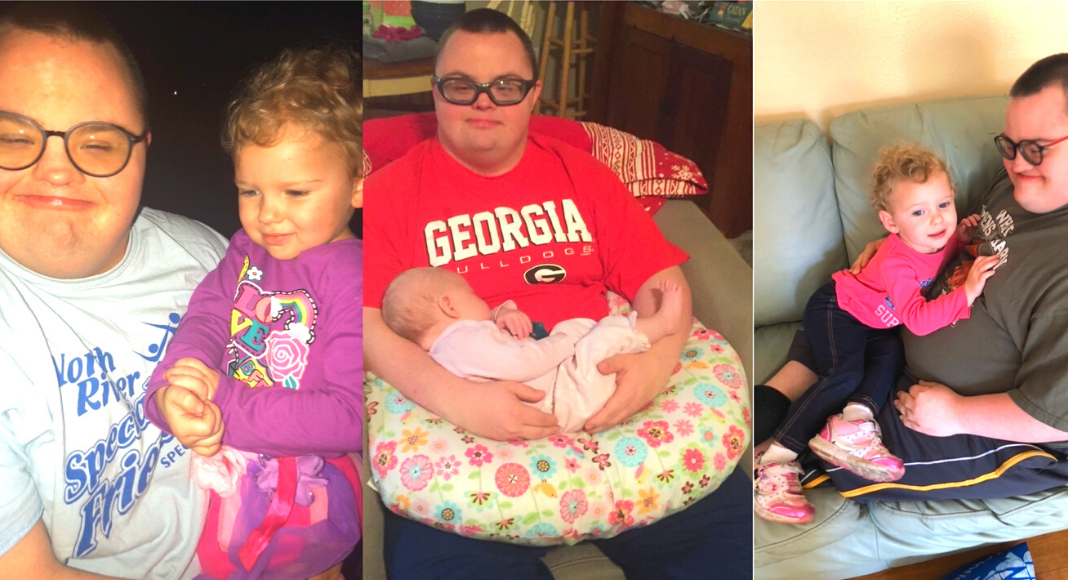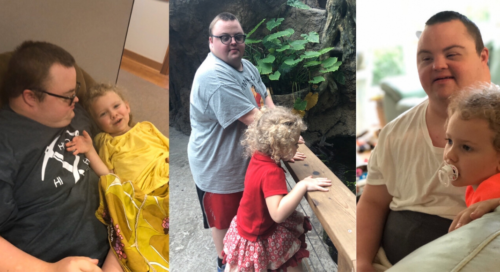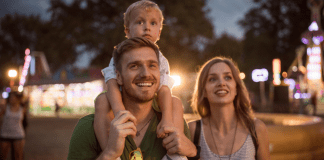 There are some lessons in life that are difficult for even adults to learn. I’m not talking about conjugating verbs in French, but rather, the act of looking around at the world and seeing each and every person as just that — a person. I feel in my heart of hearts, that it is this inability to empathize that has lead to some of our sadder history as a country and as humanity.
There are some lessons in life that are difficult for even adults to learn. I’m not talking about conjugating verbs in French, but rather, the act of looking around at the world and seeing each and every person as just that — a person. I feel in my heart of hearts, that it is this inability to empathize that has lead to some of our sadder history as a country and as humanity.
It seems to be challenging enough for some people to be in a crowd of strangers who speak, dress, and believe differently and understand that each and every individual there has hopes, dreams, goals, and regrets. What if we add a bit more complexity to the mix? What if instead of a crowd of foreign strangers, you are given the choice to sit down in front of one American individual with special needs?
I think, sadly, there is a large number who would choose to immerse themselves in that crowd rather than connect with a single person who has obvious physical or mental differences. I don’t say this to shame anyone or to rail at society; I just feel like many of us don’t know what to say or to do — how to connect. Most don’t understand that when they are facing a person with Down syndrome or Autism or any number of disabilities from severe to moderate that, just like everyone else, that individual has hopes, dreams, goals, and regrets.

I feel like I have been privileged in my life because I have a best friend, Crystal, whose brother, Tra, has Down syndrome. As Crystal and I have been friends since we were four-years-old, I’ve had a lifetime to get to know her brother and to appreciate the complexity that is his inner emotions, thought processes, and humor. I feel like, as a result of my relationship with Tra, I have little to no hesitation in approaching, speaking to, and connecting with other individuals with disabilities.
I don’t feel nervous or unsure about what is appropriate to say or not say. I don’t worry that I’m being rude by asking questions. I don’t get daunted by the fact that I can’t quite understand what was said and must ask for clarification. I don’t assume that they have nothing interesting to say. Over all, I think it comes down to the fact that I’m just not afraid of differences.
(Here I feel it is important to say that I am far from perfect and know there are many ways I can grow and improve in my empathy with others. I just feel this is an area where I’ve been able to grow the most.)
This rare form of bravery is one I want to pass down to my daughter.
I don’t have to worry much, since Tra was one of the first people to hold my little bundle in the hospital on that life-changing day four years ago. He proudly proclaims Lillie as his niece at every given opportunity. Lillie in turn treats Tra like an older brother, whom she likes to tease and whom gives plenty of teasing in return. Lillie doesn’t treat Tra any differently than she does her friends from school or her cousins.
I am so beyond thankful that she will have even more interaction with Tra and other special needs individuals in her life than I had growing up. As a result, perhaps when she has children of her own something as simple as the way a person dresses, the language they speak, or the money they make won’t seem like insurmountable differences. I’m so thankful for Tra in our life and the many, many doors he has opened for us with his ability to love and to grieve and to laugh and to storm and to see the world with forever youthful eyes.


















